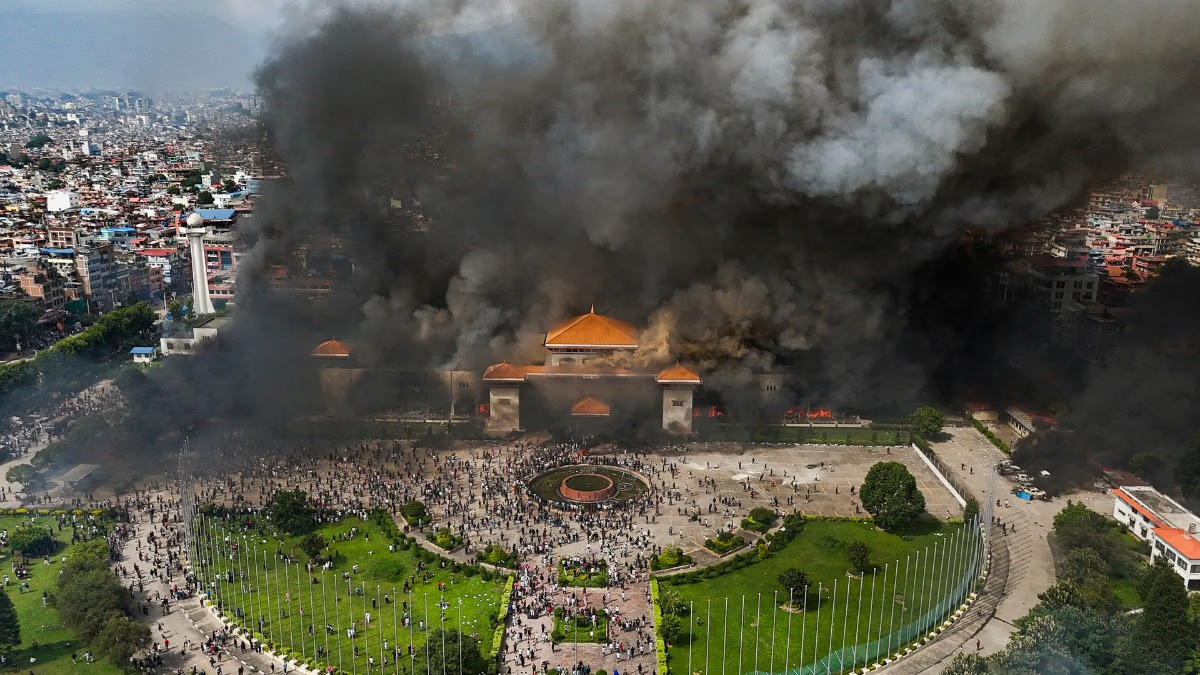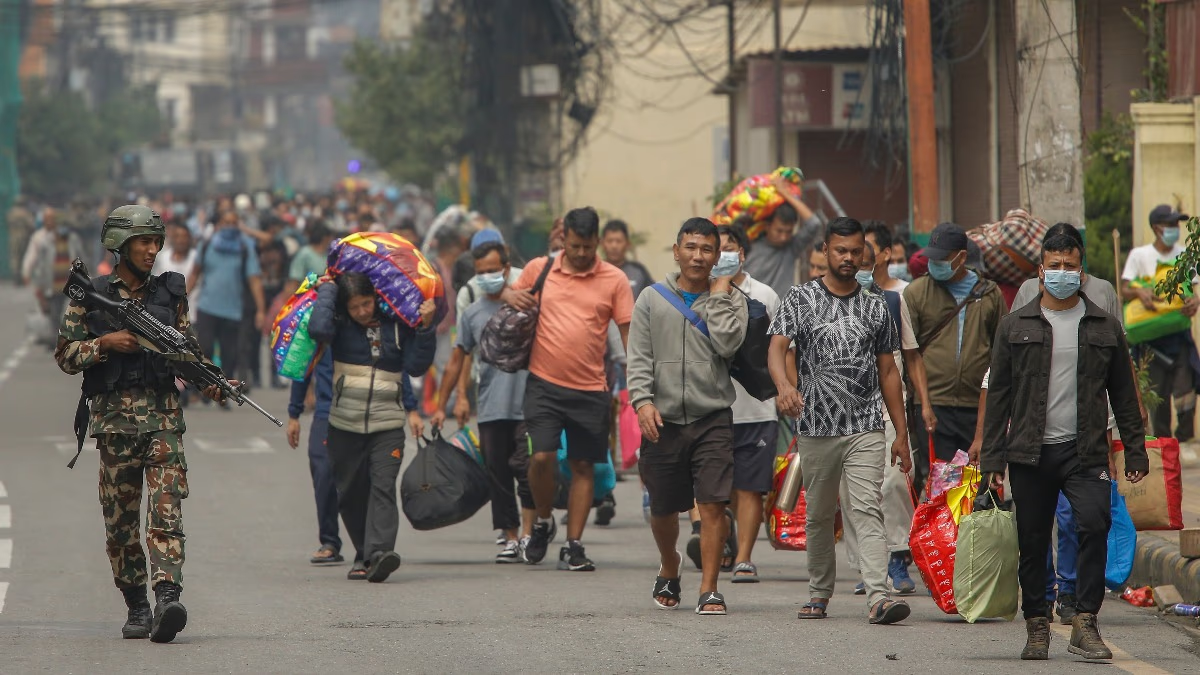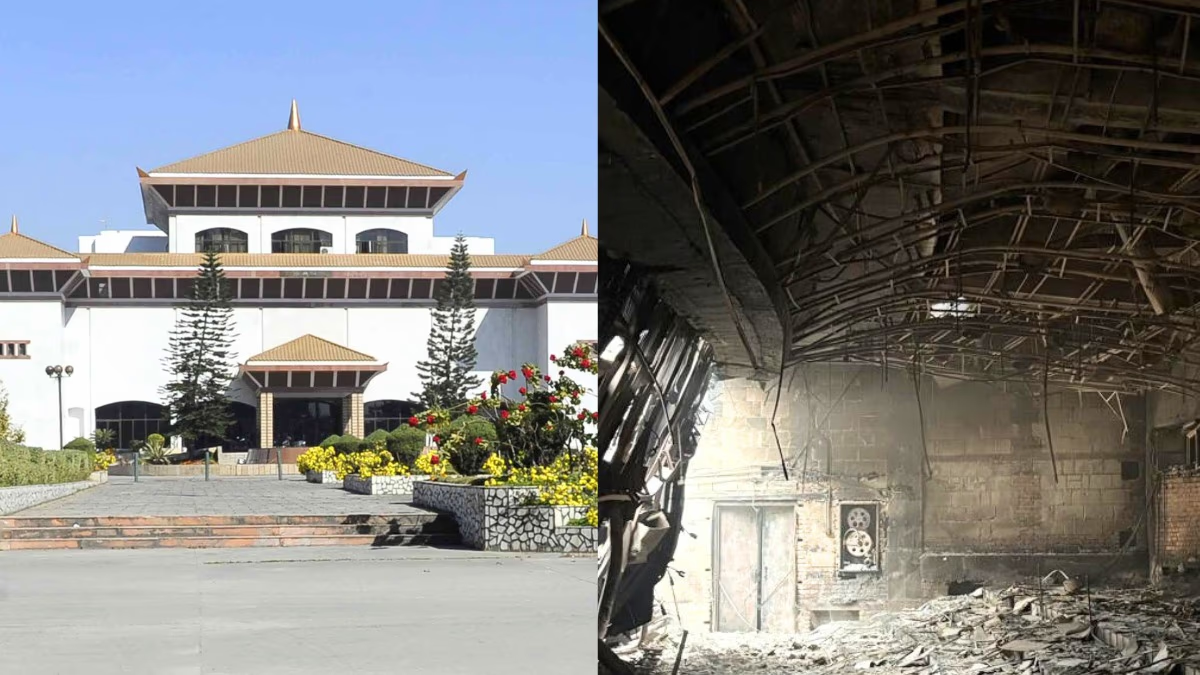Who will lead Nepal now? This question looms large as KP Oli resigns following massive violence. Gen-Z held a virtual convocation with over 5000 attending to deliberate the country's future leader. Former Chief Justice Sushila Karki emerged with strong support.
Mayor Balen Shah remains a popular Gen-Z figure, yet remained unresponsive. This shifted focus to other hopefuls, where Karki received significant backing.
Karki's candidacy was proposed with a request for 1000 letters of support, which exceeded 2500. To accept the proposition, experts suggest meeting with Army Chief General Ashok Raj Sigdel and seeking President Ram Chandra Paudel's approval.
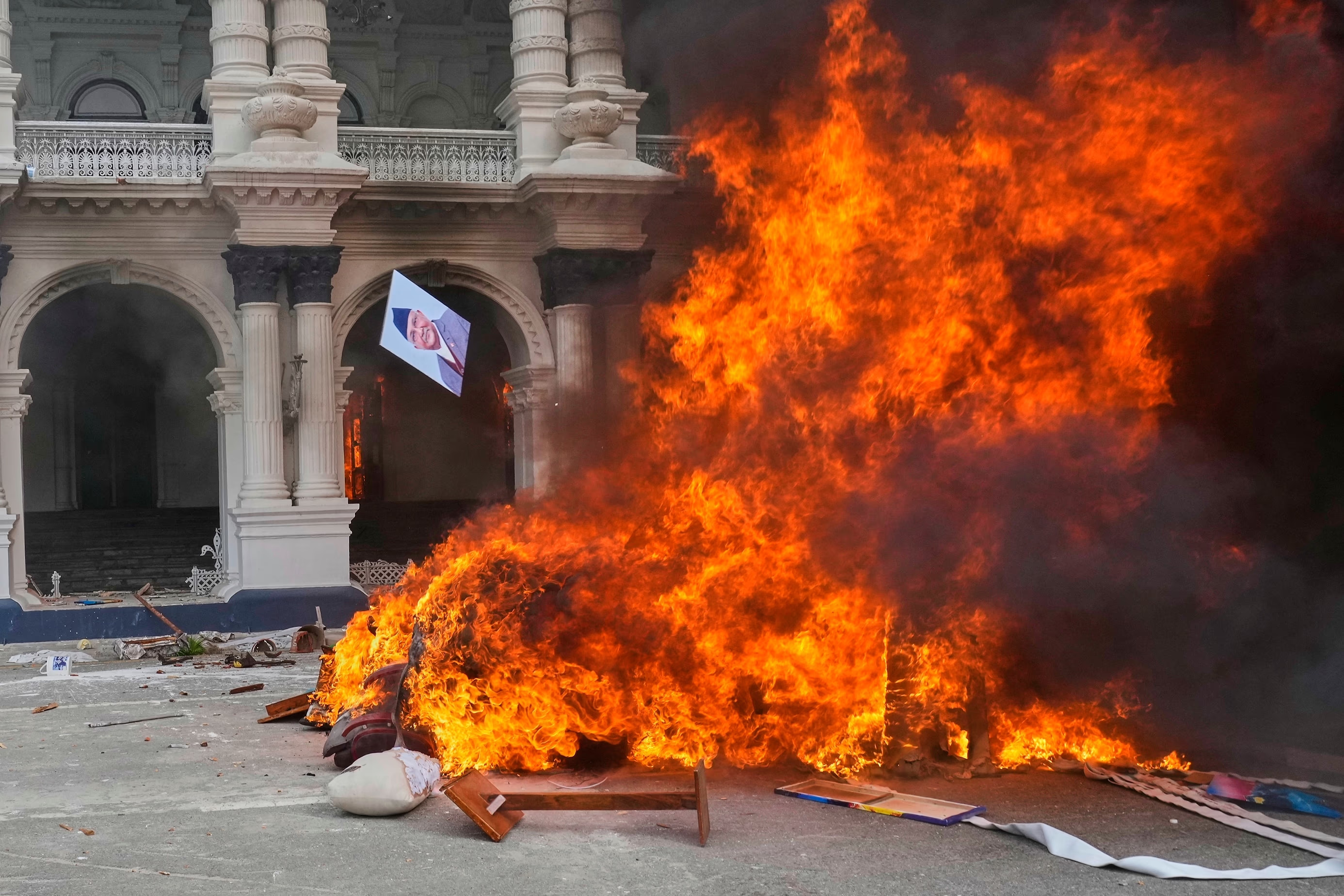
Source: aajtak
Who are the other contenders?
Prominent names include Kulman Ghising, Sagar Dhakal, and Harka Sampang. A popular Youtuber, Random Nepali, also received votes but declared he would only run if others declined.
Who is Sushila Karki?
At 72, Sushila Karki made history in 2016 as Nepal's first female Chief Justice under President Vidya Devi Bhandari's appointment based on the Constitutional Council's recommendation led by PM KP Sharma Oli. Known for her fearlessness and integrity, she left a legacy of courageous and unbiased judicial actions.
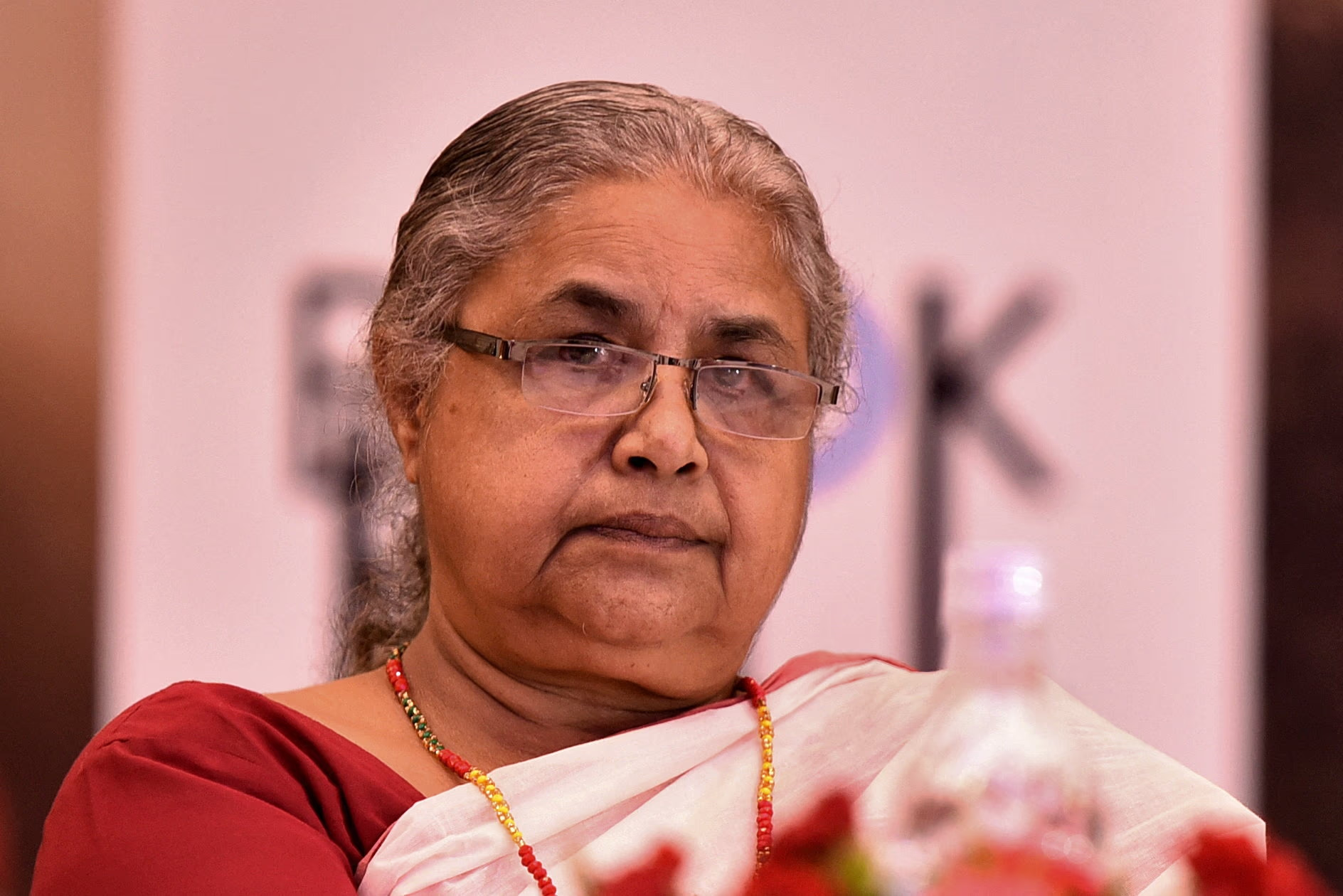
Source: aajtak
Part of the Constitution Drafting Committee
Karki's respected efforts in the 2006 draft were notable, serving as an ad-hoc justice by 2009 and later a permanent judge. Her role as acting Chief Justice in 2016 paved the way for women's barriers in the judiciary to be conquered by July.
A Symbol of Social Change
Karki's career embodies social progress, reflecting Nepal's transformation from a Hindu state to a secular republic in 2008, granting equal rights to women, epitomized by Karki's ascent in judiciary.
